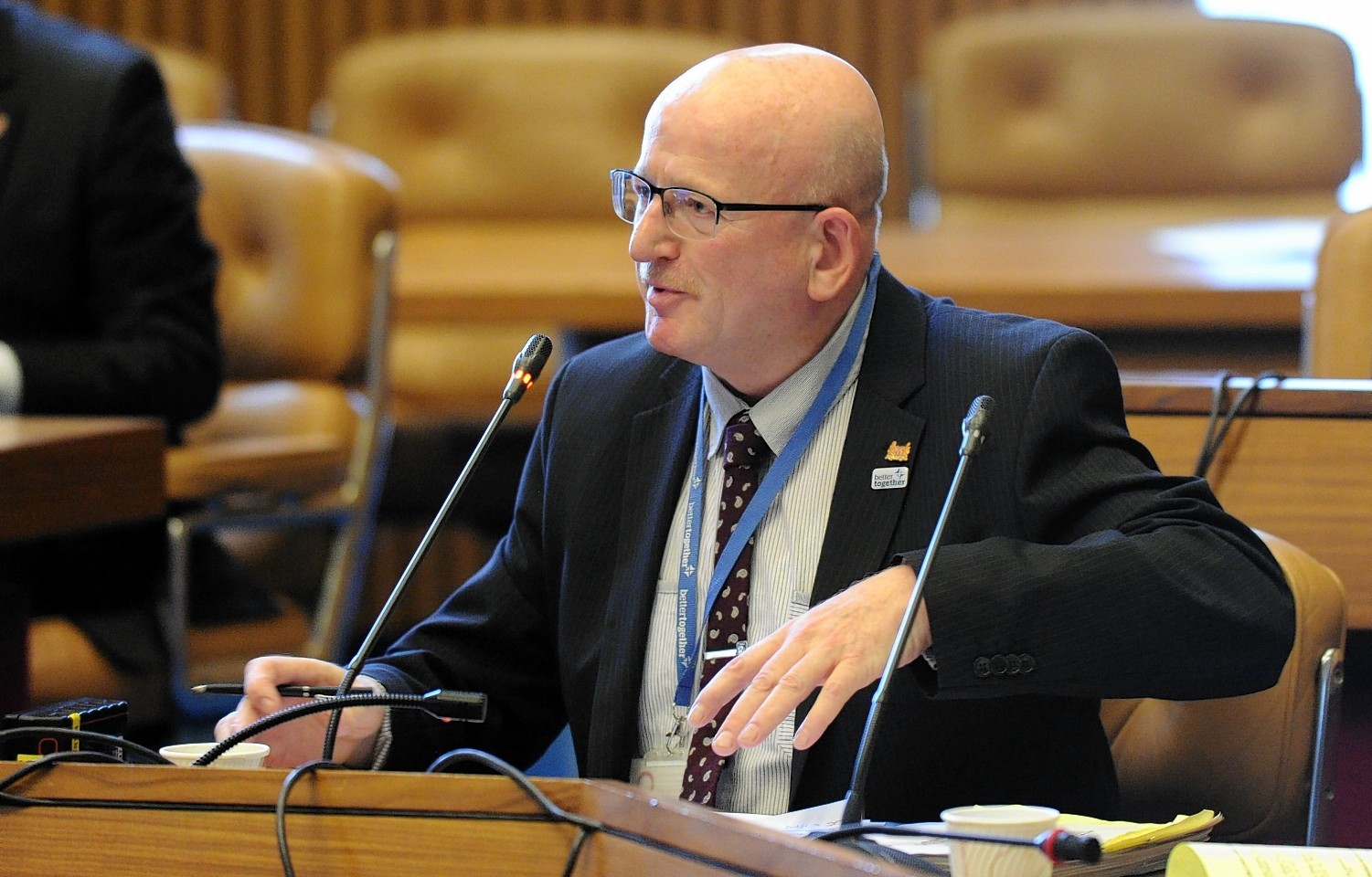Local authorities should claw back arrears from poll tax evaders who re-registered in order to vote in the independence referendum, a senior Aberdeen councillor has argued.
Officials have estimated there may still be millions of pounds due to Scottish councils from the community charge – a controversial Conservative policy that was in force from 1989-1993.
Alan Donnelly, ward member for Torry and Ferryhill, believes arrears should be pursued following reports that many people in Scotland who refused to pay the levy introduced by Margaret Thatcher re-registered to vote for the independence referendum.
Mr Donnelly, a long serving Tory councillor who split from the local party group this year, said the income could provide a welcome boost for cash-strapped authorities faced with an ongoing council tax freeze imposed by the Scottish Government.
He said officials in Aberdeen had estimated that about 1,000 poll tax evaders may still be living in the city.
Mr Donnnelly said: “We have heard about the so-called missing millions who decided to register to vote in the independence referendum, many of these people fell off the register because of the community charge – the so-called poll tax.
“Part of the problem was the branding by the Nationalists and others – it was not a poll tax. But we could be talking about a significant amount of money in arrears – perhaps up to £250,000.
“Given the problems we have in Aberdeen with funding, and the fact that we have to continue the council tax freeze, this money would be welcomed, and I think we should be pursuing it.”
The comments from Mr Donnelly may not sit well with some of his colleagues on the Labour-led coalition administration at the town house.
Opposition SNP councillors reacted angrily to the proposal last night.
Group leader Callum McCaig said: “I think that we are in dangerous territory here.
“Using the electoral register as a means of recovering debts is quite frankly immoral.
“Clearly, there is a duty on local authorities to pursue debts through means that are available to them but the fear that will be there for some folk, keeping them from exercising their vote, is bad for democracy and ultimately bad for government at all levels.”
